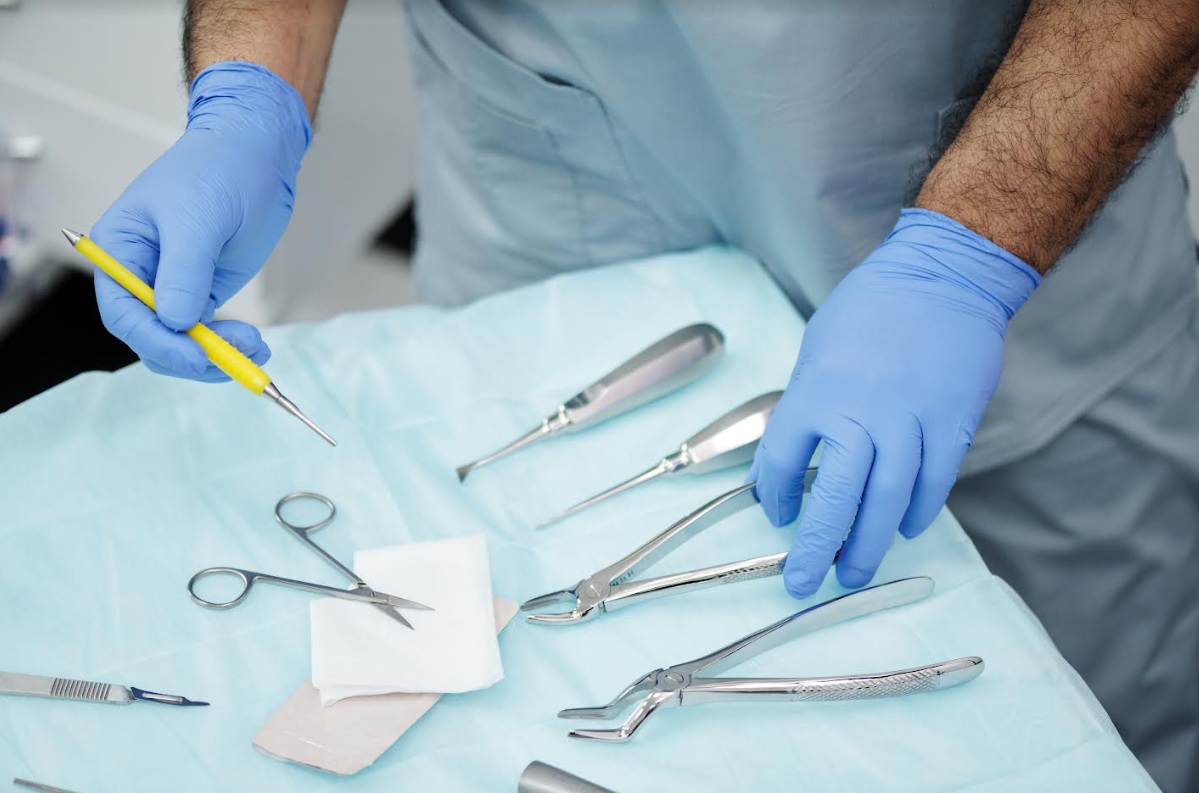Are you ready to have surgery? Do you know how to prepare for surgery? Are you worried about your surgery’s results? Do you want to avoid any complications before surgery? If all these questions bother you, you can take a calm breath because here are the answers.
As you know, all surgeries are different, so the first step is to know what type of surgery you are having. It is the primary step; after that, you will know what essential measures you should take before the surgery. To know what kind of surgery you have, you should visit e-learning best practise surgery. All the surgeries are elaborated to facilitate others. Before that, you should grab all the essential knowledge about the surgery.
Are you wondering about the term surgery?
Medical treatment for your specific disease can only be provided by opening the body. It starts with small incisions, and then the large incisions are used to perform the surgery procedures using different tools and cameras. The incisions depend on the purpose of the surgery, so you must know the primary purpose of your surgery. Let’s discuss it below.
Do you know the objective of your surgery? Have you thought about why you’re having the surgery?
Every surgery has its objective, so you should know why I am having surgery.
Let’s make it more clear to you!
Sometimes surgery is recommended to confirm the diagnosis, repair the tissue, remove damaged tissue, remove any obstruction to blood flow, or, in severe cases, transplant an organ into your body. It varies from patient to patient and their current condition. Even for someone who opts for surgery for cosmetic purposes, learn about your surgery’s objective from your physician. Be clear; make up your mind before the surgery. It can be helpful for you. Once you know about the surgery and its purpose and have decided, let’s move forward with preparations.
Wanted to prepare well to avoid the risks?
Deciding to have surgery? Surgery isn’t a light decision to make. You have to make up your mind and be focused because this is the matter of your life, and life is a precious gift, so don’t make any mistake that can cause you serious risk.
Discuss with the surgeon
Discussing with your surgeon is your best decision before the surgery. Your surgeon will help you know your surgery’s complications, significant risks, and outcomes. You can ask about the surgery’s side effects. And you can also learn how long it would take by discussing the recovery phase with your surgeon. If you feel anxious, the surgeon can give you the courage to feel relaxed and calm. Contact your surgeon about where your surgery will be done and the possible outcomes, and plan what to bring with you. Moreover, you can exchange the contacts for further contact if needed. Your surgeon will schedule your surgery.
Diet preparation
Is it like preparing for a marathon before the surgery? General surgical preparation requires stopping eating before the surgery. The surgeon advised you to stop eating for a specific time before the operation. You must follow the advice. Stop having bland food, such as snacks and sweets. Even drinking water is advised to stop. , maintain your weight if you are underweight or overweight. To avoid any serious complication or risk, you should go to the surgery on an empty stomach. You should also maintain your weight if you are overweight. Before the surgery, weight loss can be a significant complication.
Surgery bag pack
Consider adding everything you need! Ensure you have added everything to your bag that can help you in your surgery. Staying in the hospital means you have to carry your clothes with you. It could include your nightwear, day clothes, gown when dressing your wounds, a pair of slippers to feel comfortable, a small towel to assist you after the surgery, and sanitary items for hygiene clearance. Add a small pouch for the prescribed medication to your bag. Moreover, if you have to stay for quite a long time, grab a book or personal mobile device to pass the time.
Hygiene management
Before arriving, take a bath or shower, and remove any body jewelry, makeup, and nail polish. The medical staff can evaluate your blood circulation and reduce harmful bacteria in the hospital by being able to examine your nails and skin.

Blood test preparation
Before being admitted to the hospital or even for some outpatient treatments, many surgeons will order regular blood testing to look for any potential issues that could complicate surgery if not caught and treated immediately.
- Chest X-rays can diagnose the reasons for chest pain, coughing up blood, fevers with no known cause, and other abnormal cardiac, respiratory, and lung sounds.
- Urinalysis can be performed to identify medications in the body and diagnose kidney and bladder problems.
- White blood count (WBC) can be used to identify infections, fevers with unclear causes, and the use of medications that are known to alter WBC.
- Glucose aids in identifying conditions such as alcoholism, diabetes, pancreatitis, cystic fibrosis, changed mental status, and muscle weakness as the causes of profuse sweating accompanied by tremors or anxiety.
Pain management
Anti-inflammatory drugs can be beneficial. They can aid patients in managing pain, especially that coming from injured joints. It will enable them to continue their regular lives and maintain their fitness. Make sure you have enough medication on hand for the period before and following your surgery. Doing this eliminates the possibility of running out at a crucial juncture in your recovery.
Conclusion
This article explains all about the surgical information and preparation before the surgery. The complications and purpose of surgery are also briefly discussed. You should also follow your doctor’s instructions to prevent any surgery-related risks. Try to follow the details mentioned earlier to have a successful surgery. This article helps readers know the details of their surgery. That will be easy for you and help you recover quickly without any worries.
